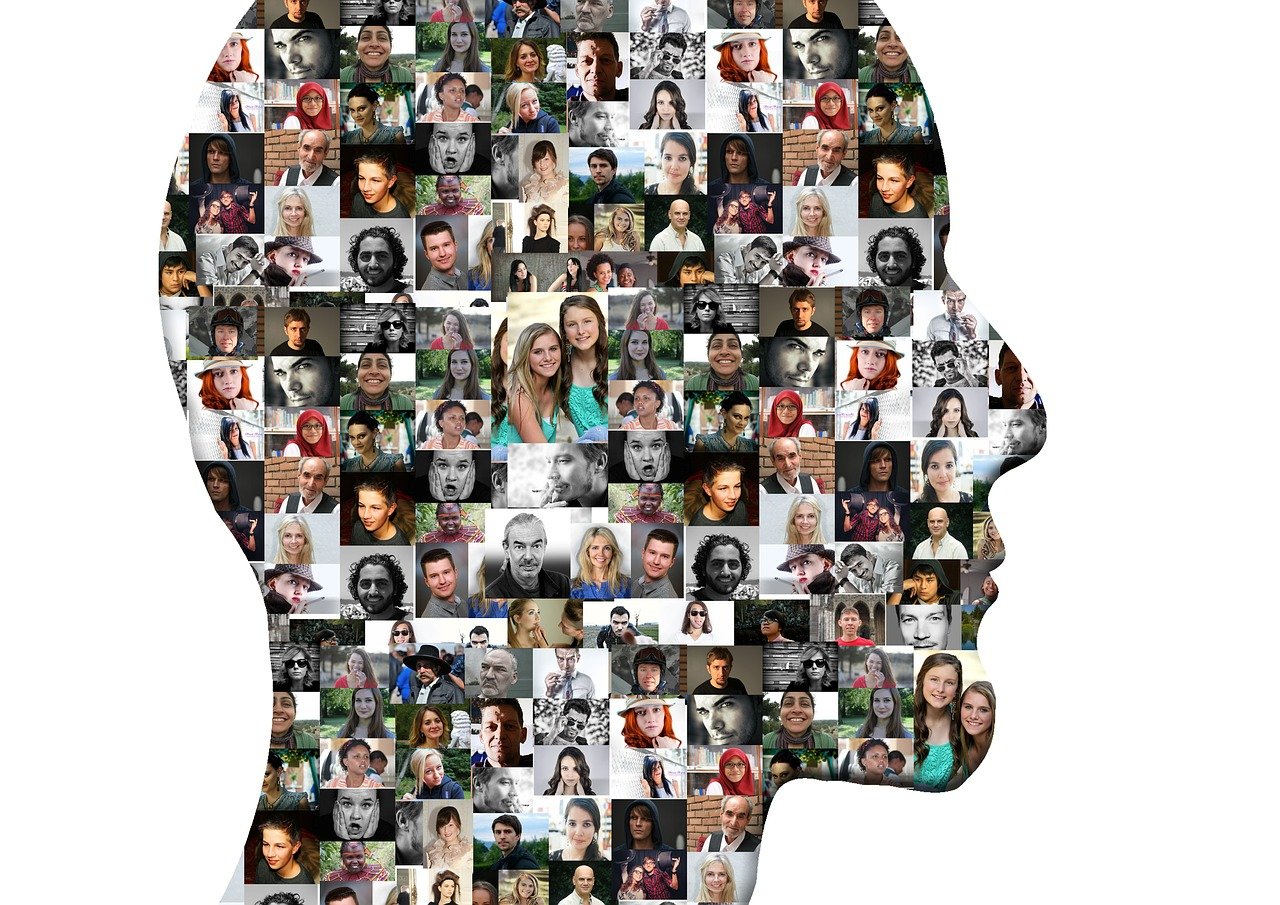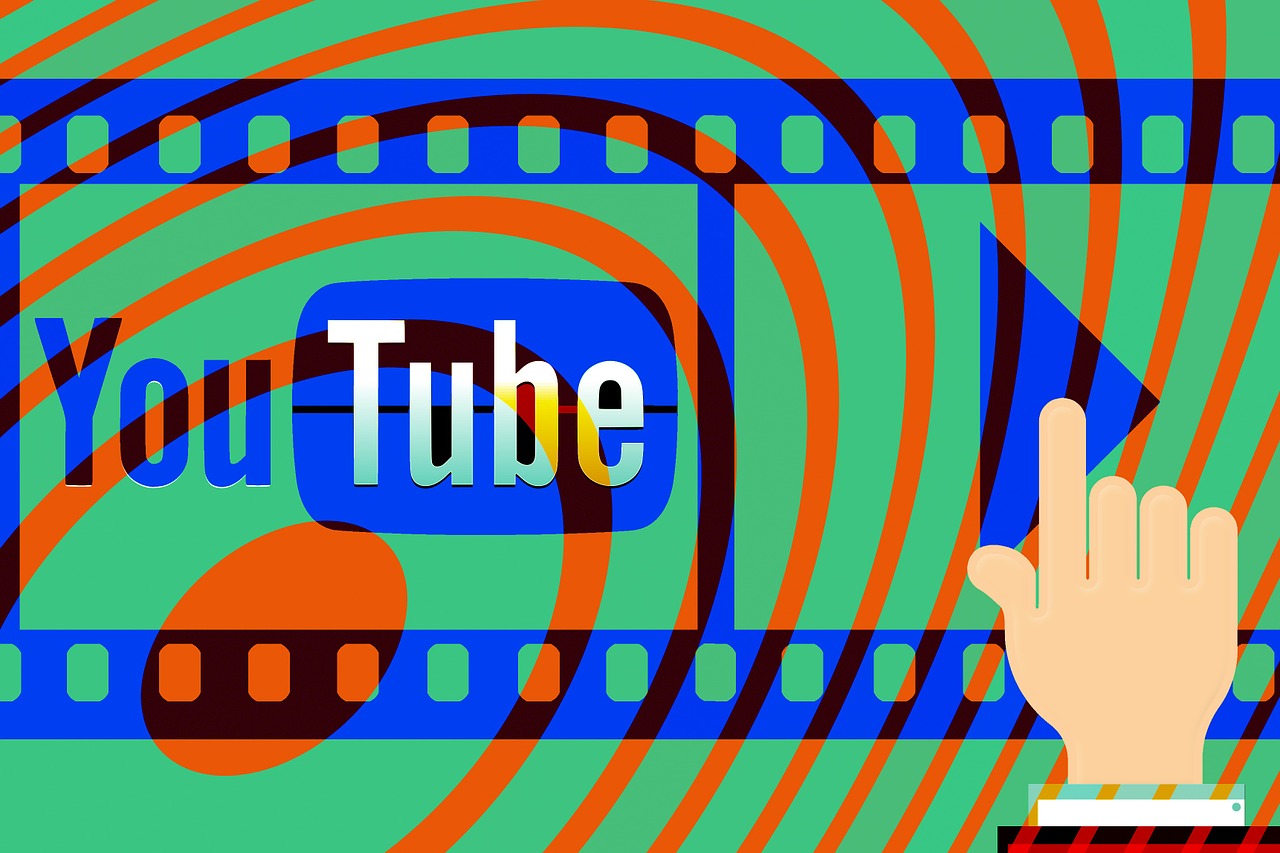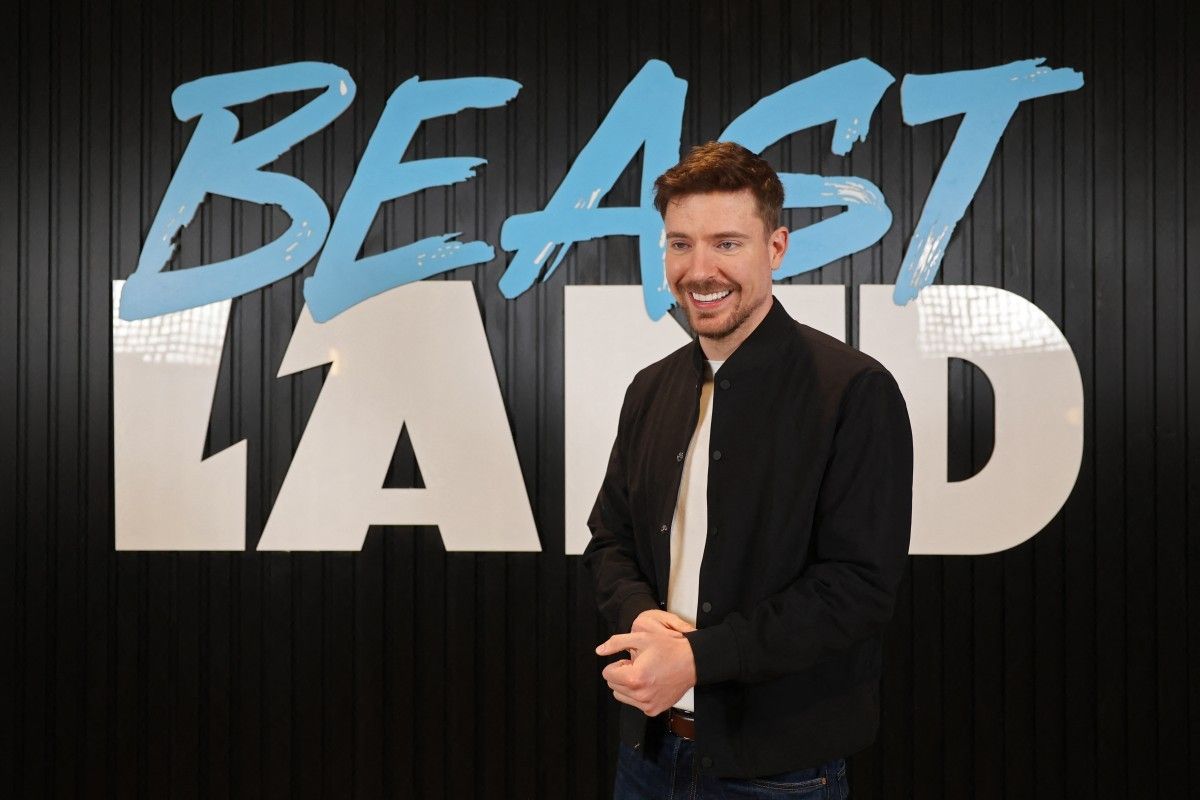
Breaking Through the Noise: Tips to Filter Reliable Social News in the Digital Age
In today’s fast-paced digital age, the sheer volume of information we encounter daily can be overwhelming. Social media platforms have become primary sources of news for many, but they also serve as breeding grounds for misinformation and sensationalism. As such, it’s crucial to develop strategies for discerning reliable news from unreliable sources. This article delves into effective methods for filtering social news, ensuring you stay informed with accurate and trustworthy information.
Understanding the Landscape of Social News
Social media platforms like Facebook, Twitter, and Instagram have revolutionized the way we consume news. They offer real-time updates and a vast array of perspectives. However, with this convenience comes the challenge of distinguishing credible news from misinformation. The phenomenon of “fake news” has become so prevalent that it can distort public perception and influence significant events.
The rise of citizen journalism and the democratization of news reporting mean that anyone with a smartphone can become a news source. While this has its advantages, it also means that information can be shared without verification, leading to the spread of inaccuracies.
Key Strategies for Filtering Reliable Social News
1. Evaluate the Source
One of the most critical steps in filtering news is evaluating the credibility of the source. Established news organizations typically have rigorous editorial standards and fact-checking processes. Look for news from reputable outlets renowned for their journalistic integrity.
It’s also important to be cautious of sites that mimic the appearance of legitimate news sites but lack credible reporting. A quick search of the publication’s background, history, and previous reporting can provide insight into its reliability.

2. Cross-Verify Information
Before accepting any news as fact, cross-verify it with multiple sources. If a piece of news is significant, it is likely covered by multiple reputable outlets. Cross-verification helps ensure that the information has been vetted by different organizations, reducing the risk of consuming biased or false information.
Another effective approach is to check fact-checking websites that specialize in debunking false information and rumors. These sites can provide additional context and clarity on trending news stories.
3. Analyze the Content
Scrutinize the content of the news itself. Be wary of sensational headlines and clickbait tactics that aim to elicit an emotional response rather than convey factual information. Reliable news articles are typically well-written, with a clear structure and supported by evidence or quotes from credible sources.
Pay attention to the language used in the article. If it seems overly biased or one-sided, it may not be a balanced or accurate representation of the facts. Objective reporting should present multiple viewpoints and allow readers to form their conclusions.
4. Recognize Your Biases
Personal biases can significantly affect how we perceive and interpret news. It’s crucial to acknowledge these biases and consciously seek out information that challenges our viewpoints. Consuming news from a variety of sources can provide a more comprehensive understanding of the issue at hand.
Practicing critical thinking and open-mindedness can also help mitigate the effects of confirmation bias, where we favor information that aligns with our existing beliefs while dismissing opposing views.
The Role of Technology in News Consumption
Technology plays a dual role in the consumption of news. While it enables the rapid dissemination of information, it also contributes to the spread of misinformation. Algorithms on social media platforms often prioritize content based on engagement rather than accuracy, making it easier for sensational or misleading news to go viral.

Emerging technologies, such as artificial intelligence, are being developed to combat misinformation. AI tools can assist in identifying fake news and flagging it for further review. Social media platforms are also implementing measures to reduce the spread of misinformation, such as partnering with fact-checking organizations and improving transparency in content moderation.
The Importance of Media Literacy
Media literacy is an essential skill in the digital age. It empowers individuals to critically evaluate the information they encounter and make informed decisions. Educating oneself on how to analyze and interpret news can vastly improve one’s ability to discern credible information.
Numerous initiatives and resources are available to enhance media literacy, including online courses and workshops. By investing time in learning these skills, individuals can better navigate the complex landscape of social news.
Conclusion: Staying Informed in the Digital Age
In an era where information is abundant and easily accessible, the challenge lies in filtering out the noise to find reliable news. By employing strategies such as evaluating sources, cross-verifying information, analyzing content, recognizing biases, and leveraging technology, individuals can become more discerning consumers of news.
Ultimately, staying informed requires a proactive approach and a commitment to continuous learning. As we become more adept at navigating the digital landscape, we can ensure that the information we consume contributes to a well-rounded and accurate understanding of the world around us. To further enhance your media literacy, consider exploring resources from organizations focused on media education and journalism ethics.
Building a Diverse News Diet

Just as a balanced diet is essential for physical health, a diverse news diet is crucial for mental acuity and an unbiased understanding of world events. Consuming news from a variety of sources can help mitigate the risk of echo chambers, where only one perspective is reinforced while others are ignored.
To cultivate a balanced news diet, consider subscribing to newsletters from different news outlets, following journalists with varied viewpoints on social media, and exploring international news sources. This approach not only broadens your perspective but also helps you appreciate the nuances of global issues.
Engaging in Constructive Dialogues
Engaging in discussions with others about current events can enhance understanding and promote critical thinking. However, these dialogues should be approached with an open mind and a willingness to listen to differing viewpoints. Constructive discussions can occur in various settings, from online forums to local community groups.
When participating in these conversations, it’s essential to focus on facts and evidence rather than emotions or assumptions. Practicing respectful communication and seeking common ground can lead to more productive and enlightening exchanges.
The Future of News Consumption
As technology continues to evolve, the landscape of news consumption will undoubtedly change. Innovations such as virtual reality and augmented reality are being explored as new ways to experience news, potentially offering more immersive and engaging storytelling formats.
Moreover, the rise of independent journalism and crowd-funded news initiatives provides opportunities for diverse voices to be heard, further enriching the news ecosystem. Supporting these endeavors can contribute to a more inclusive and representative media environment.
Empowering the Next Generation
As the world becomes increasingly digital, it is vital to equip younger generations with the skills necessary to navigate the complex information landscape. Educational institutions play a crucial role in fostering media literacy among students, preparing them to critically assess information and develop informed opinions.

Parents and guardians can also contribute by encouraging curiosity, guiding discussions about current events, and modeling good information consumption habits. By empowering young people with the tools they need to discern reliable news, we can create a more informed and engaged society.
Conclusion: A Path Forward
In conclusion, the ability to filter reliable social news is a skill that requires continuous effort and vigilance. By adopting a multifaceted approach that includes evaluating sources, engaging in diverse news consumption, and participating in meaningful dialogues, individuals can enhance their understanding of the world around them.
As we look to the future, embracing technological advancements and supporting educational initiatives will be key to fostering a media-literate society. By taking these steps, we can ensure that we remain informed citizens, capable of making decisions based on accurate and trustworthy information.
For further reading on media literacy and its importance, consider exploring resources offered by organizations dedicated to promoting media literacy education and critical thinking skills.
Practical Tools for Identifying Reliable News
With the vast number of articles, posts, and videos available online, having practical tools at your disposal can make the task of identifying reliable news much more manageable. Browser extensions like NewsGuard provide ratings for news websites, offering insights into their credibility based on journalistic standards. These tools can be invaluable for quickly assessing the trustworthiness of a new source.
Additionally, social media platforms themselves have started integrating features to help users identify potentially misleading content. For instance, Twitter often labels tweets that contain disputed information with fact-checking links. Learning to utilize these tools effectively can significantly enhance one’s ability to discern reliable news.
The Role of Community in News Verification

The online community can play a pivotal role in verifying news stories. Platforms like Reddit have subcommunities dedicated to fact-checking and discussing news articles. Engaging with these communities can provide additional perspectives and help uncover the truth behind complex stories.
Furthermore, participating in community-driven fact-checking initiatives, such as those offered by organizations like CrowdTangle, can contribute to a collective effort to combat misinformation. These platforms allow users to share insights and collaborate on verifying the authenticity of news stories, fostering a more informed online environment.
Overcoming Challenges in the Digital Age
Despite the availability of tools and strategies for filtering reliable news, challenges persist in the digital age. The speed at which information spreads can make it difficult to verify facts before they reach a wide audience. Additionally, sophisticated fake news, such as deepfakes and manipulated images, can deceive even the most vigilant consumers.
Addressing these challenges requires ongoing education and adaptation. Staying informed about the latest trends in misinformation and actively seeking out new verification techniques can help individuals stay ahead of potential threats to reliable news consumption.
Final Thoughts
Breaking through the noise in the digital age is not without its challenges, but it is a necessary endeavor for those who wish to remain accurately informed. By leveraging available resources, engaging with diverse perspectives, and fostering critical thinking, individuals can navigate the complex landscape of social news with confidence.
Ultimately, the responsibility of discerning credible news lies with each of us. As we continue to adapt to the rapidly changing media environment, it is imperative that we remain vigilant and proactive in our efforts to identify and share reliable information. In doing so, we contribute to a more informed and resilient society, capable of facing the challenges of the digital age with integrity and insight.







